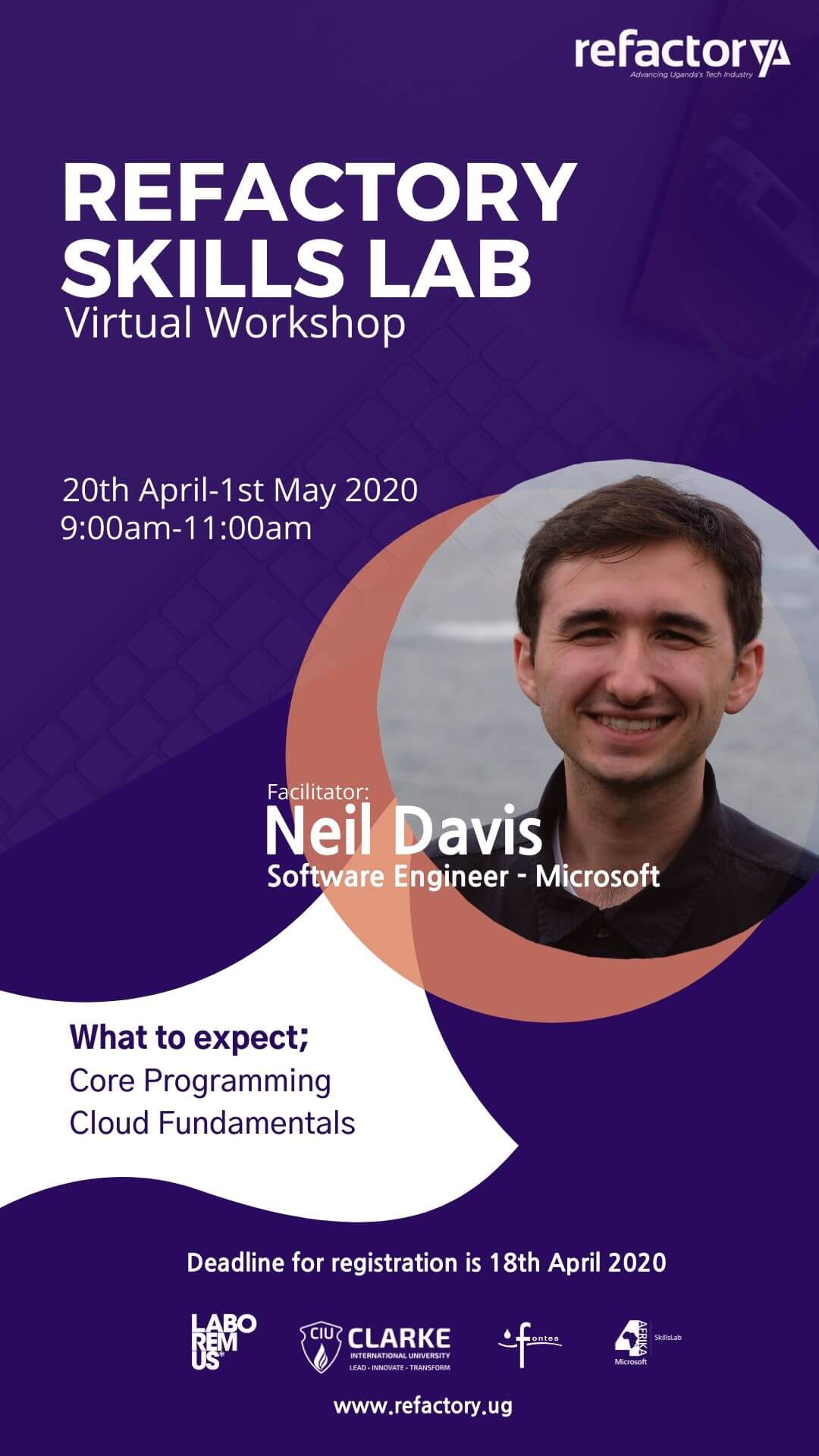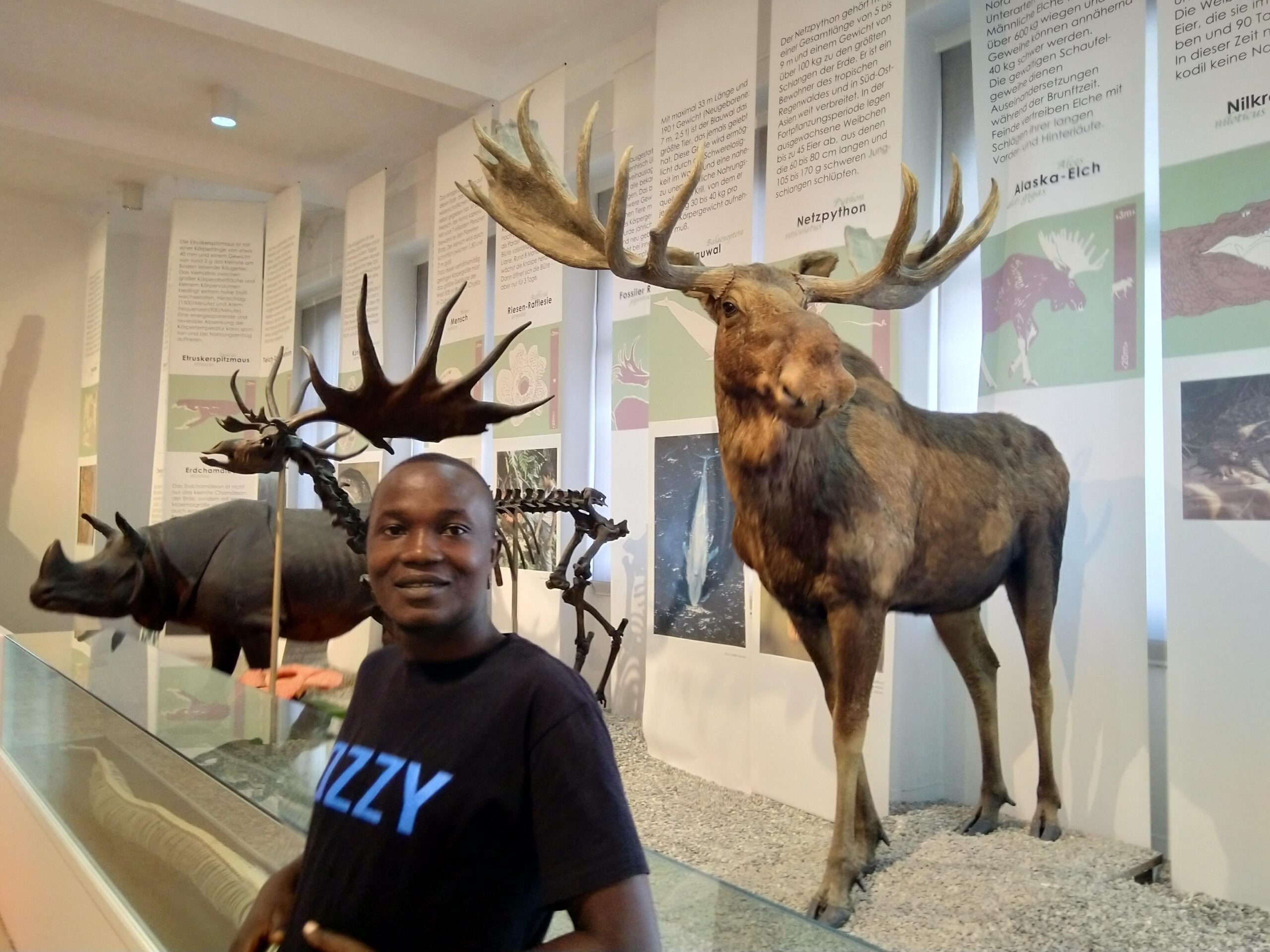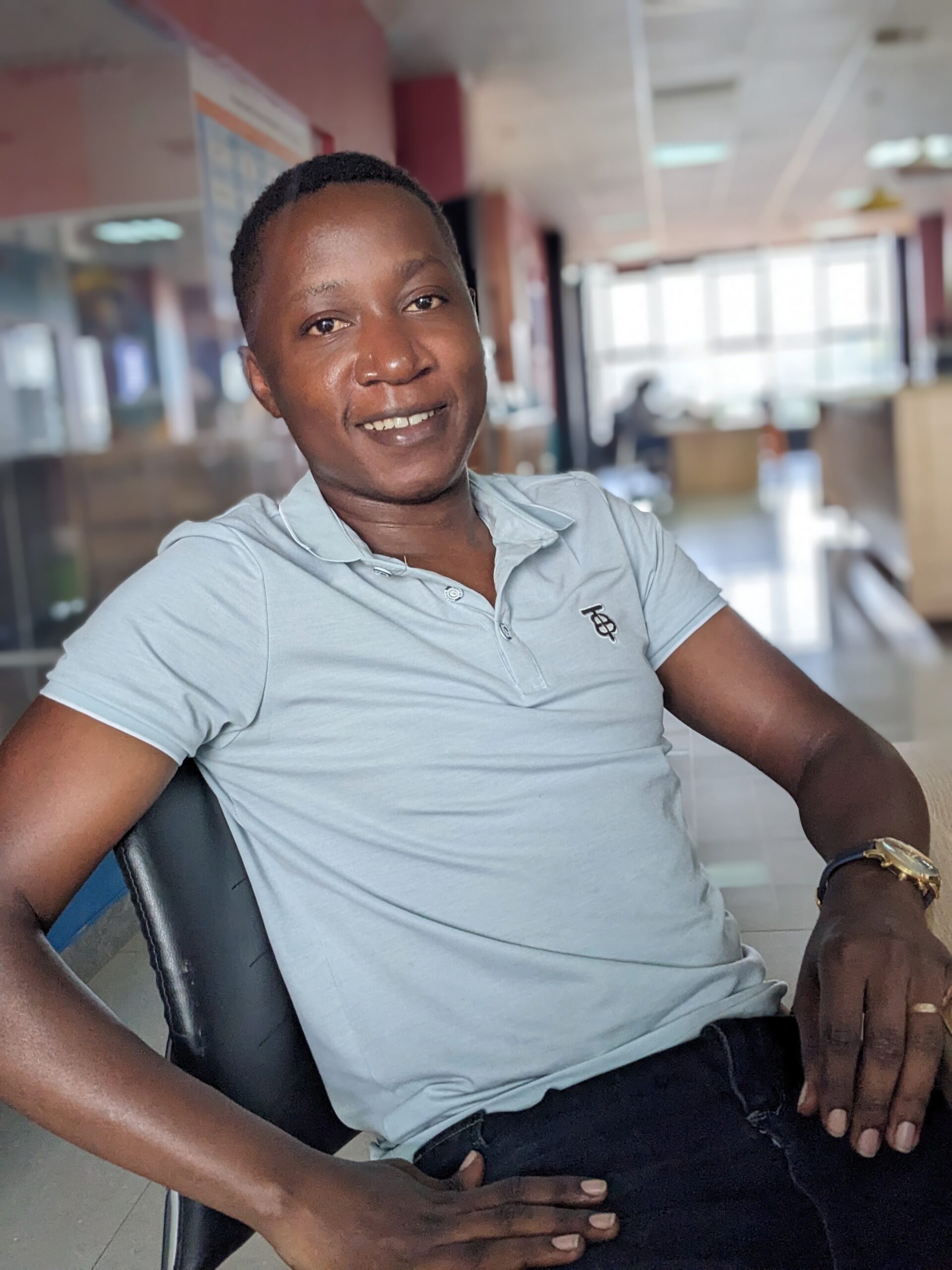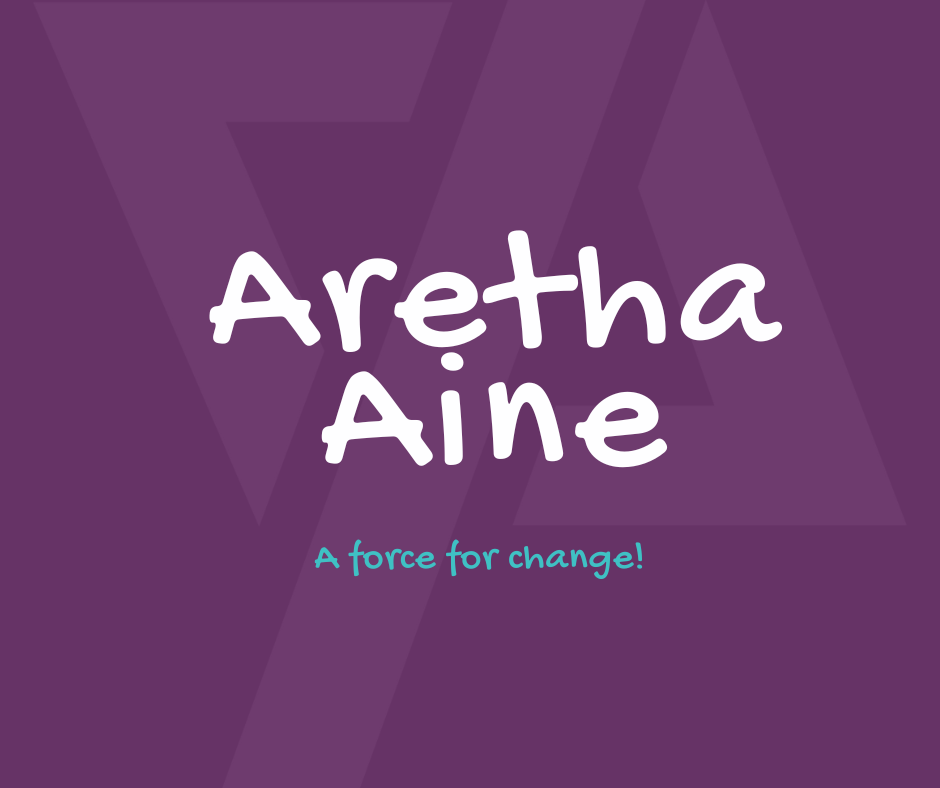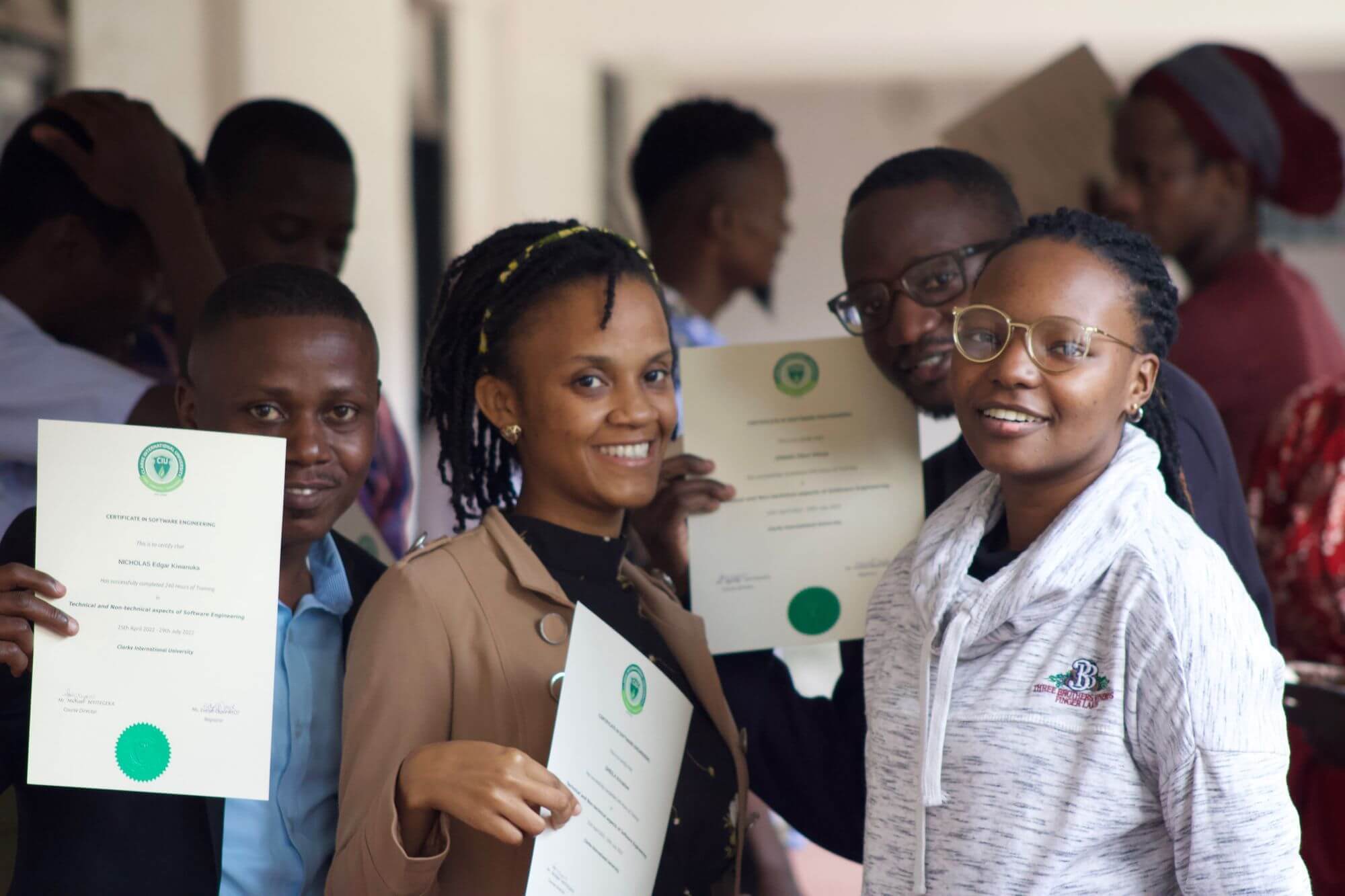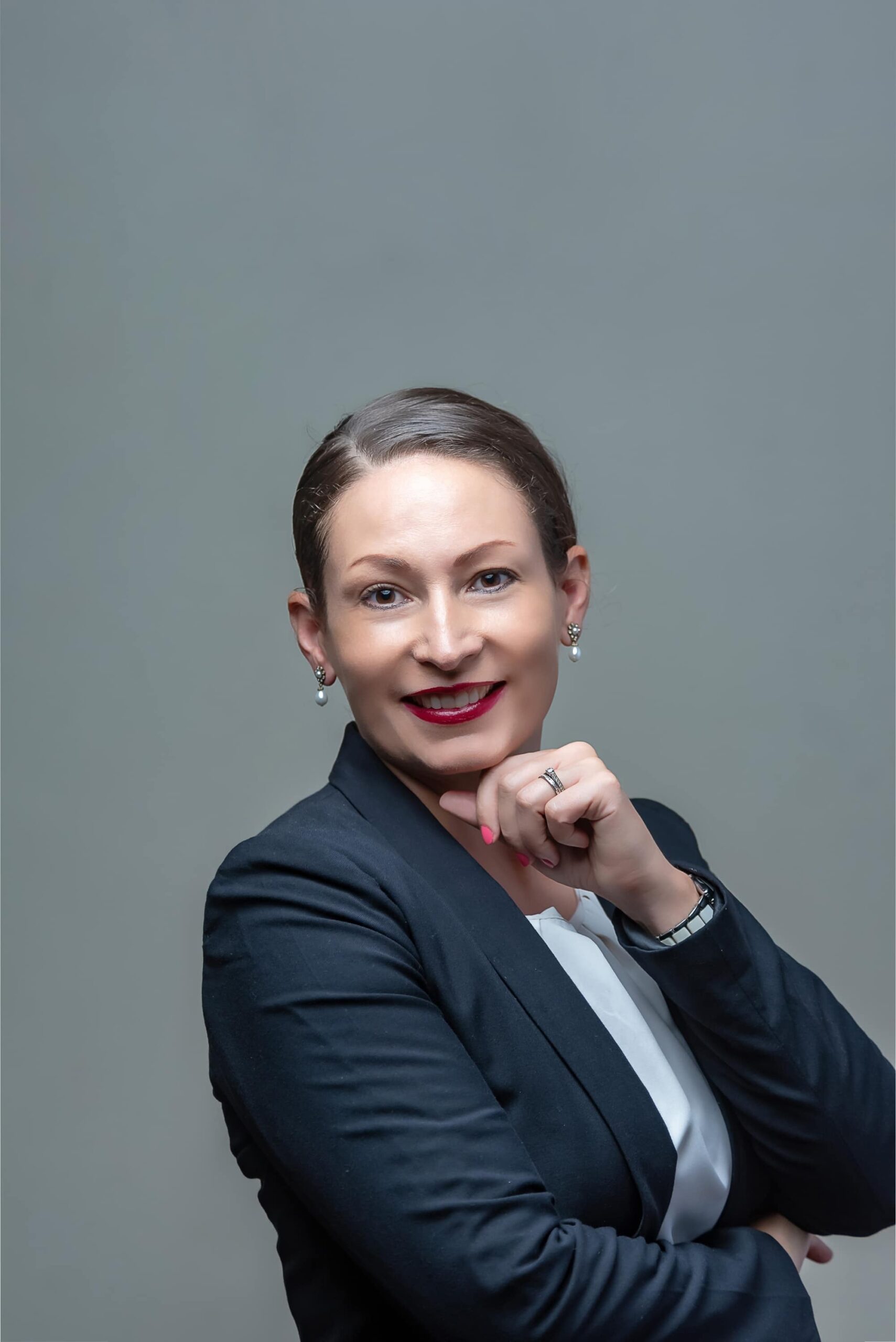About two weeks ago, I finished my volunteer project for MySkills4Africa through Microsoft!
MySkills4Africa is a volunteer program where we work with organizations on the continent to teach software skills, implementing new features for them, and much more. I had the chance to teach core programming and cloud concepts to students at the Refactory Skills Lab coding Bootcamp in Uganda! Through working with a sample web application, I went through the process of full stack development using Azure services as well as emphasizing the importance of human centered, empathetic design.
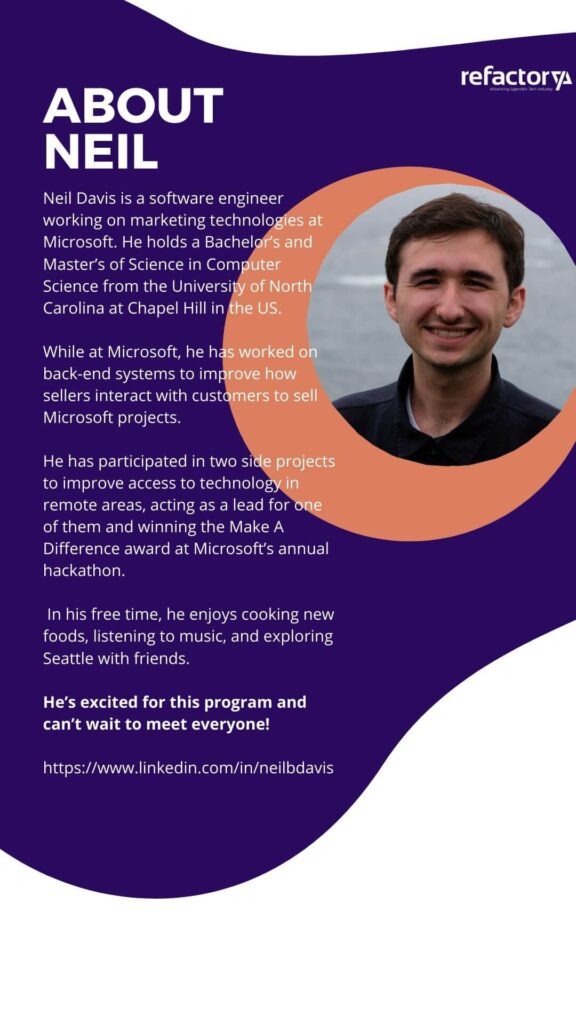
Covid-19 added a few opportunities and challenges to the workshop. The whole workshop had to become virtual, allowing us to include students from Kenya. Due to time differences,we couldn’t do full day workshops and had to spread the program over two weeks rather than one and run two hour sessions each night over Microsoft Teams Live.I needed to make all the content accessible on OneNote and GitHub so that students could work during the day. Finally, due to more limited uses of data(especially with streaming the presentations), I needed to make all the content downloadable.
Fortunately, the workshop was a success! While we need to wait some time to see the full impact of the workshop, the students seemed to have enjoyed the content and appreciated my efforts to include them and give access as much as possible. I’m excited about this initial response, and hope to see the impact to continue to grow from there!
Here are some of my insights on lessons I’ve learned running this workshop:
- Create with the user in mind. As the presenter, I need to understand the needs and possible resource constraints of these students. What resources do they currently have? How do they need to access the content? Do they understand the content? I worked with the workshop coordinators to ensure that I kept in touch, especially since I couldn’t directly speak to them in person. If I didn’t gain the insight before the workshop, I did my best to address the needs each day.
- Keep in mind time differences, especially internationally. Find a reasonable time where you and whoever you’re working with can communicate on a consistent basis without sacrificing sleep (especially during these times).
- With remote working, it’s easy to overextend yourself. I definitely wore myself mentally with the late nights, day job, and hours preparing the content, so definitely see how you can balance your schedule or set up boundaries to get some rest and take care of yourself.
- Finally, and most importantly, access to the Internet is more important than ever. This was my first time working with others who did not have the same freedom of using the Internet as I have due to financial constraints or lack of strong connectivity. My hope is that we work towards a future where the Internet is accessible for everyone for, when used responsibly, it can be a great enabler to empower people to uplift themselves and their communities for all.
Thank you to the program coordinators Arnaud, Mark, and Wanjira for having me on the project.
Now off to the next challenge!
This article was written and published by Neil Davis (Software Engineer at Microsoft)

